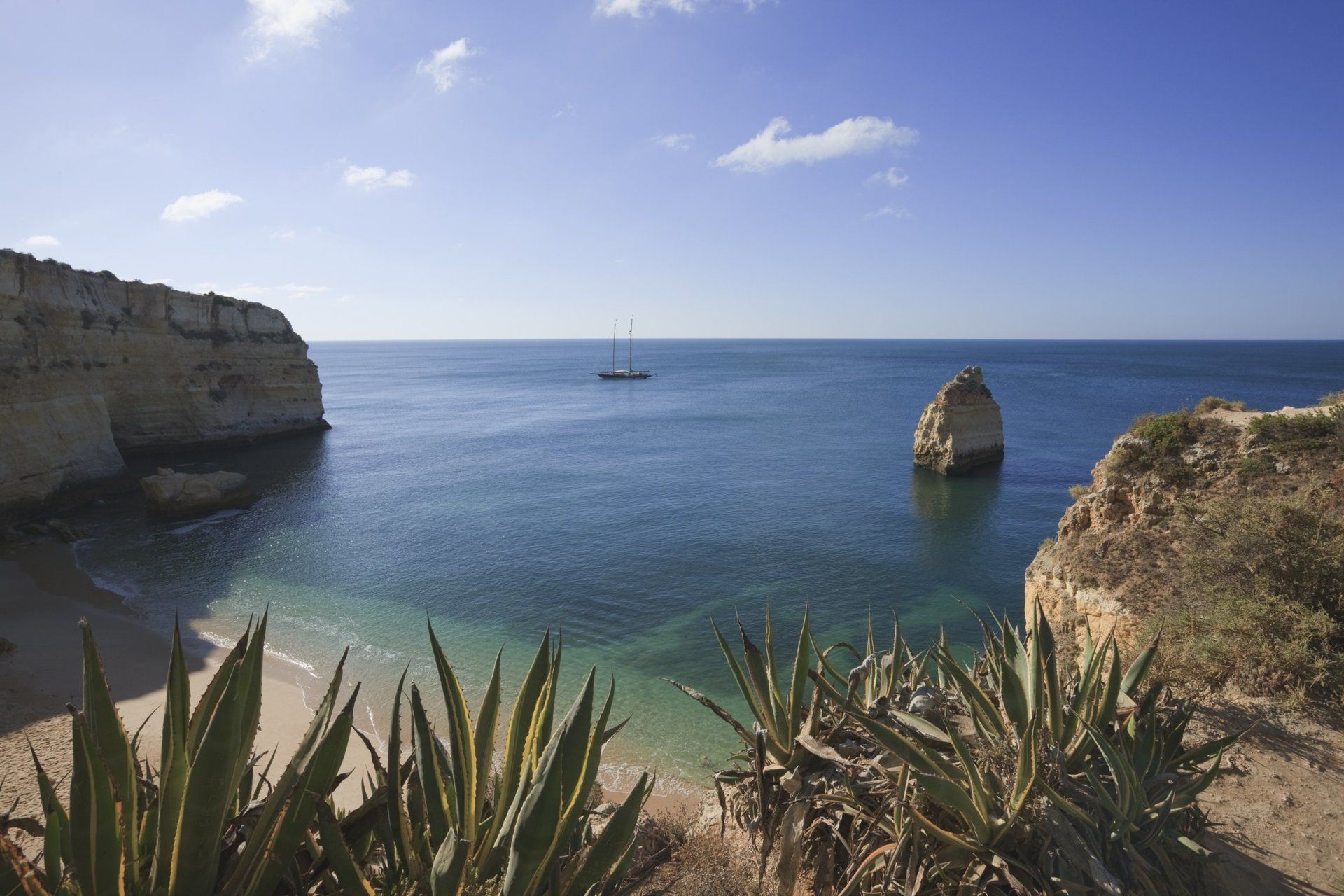Commit to Lifelong Learning
"perpetuam uitae doctrina!"
"Live as if you were to die tomorrow.
Learn as if you were to live forever." Mahatma Gandhi.

About the Portuguese Language
Enrich Your Life! We are here to point you in the right direction and cheer you on.
Put a foreign language into your portfolio of lifelong-learning activities

A Close Look at Portuguese's World Recognition

Portuguese is one of the most widely spoken languages in the world, with approximately 221 million speakers worldwide.
As an official language in nine countries, including Portugal and Brazil, Portuguese is recognized as a language of global importance. Despite this, it is often overshadowed by its neighboring languages like Spanish and French.
On this page, we will take a close look at the worldwide recognition of the Portuguese language, exploring its historical and cultural significance, its current status, and its potential for growth.
The History of Portuguese Language
Portuguese language has a rich history that dates back to the 12th century when it was developed in the northwest region of Portugal. It is believed that Portuguese has evolved from a mix of Galician-Portuguese and Mozarabic dialects. During the Middle Ages, Portugal emerged as a strong empire, and its language grew in importance.
The first written records of the Portuguese language can be traced back to the 13th century, when the Portuguese began writing down their epic poetry and songs. Portuguese soon became the official language of Portugal and spread throughout its territories in Brazil, Africa, and Asia during the colonial period. In Brazil, Portuguese became the dominant language and is now the country's official language.
Throughout history, Portuguese has been influenced by many different languages, including Arabic, Latin, and Spanish. It is also one of the Romance languages, which evolved from the Latin language. Portuguese has many similarities to Spanish and Italian, which makes it easier for speakers of those languages to learn Portuguese.
Despite its history of colonization and language suppression in some regions, Portuguese has remained an important language and is currently spoken by approximately 220 million people worldwide.
